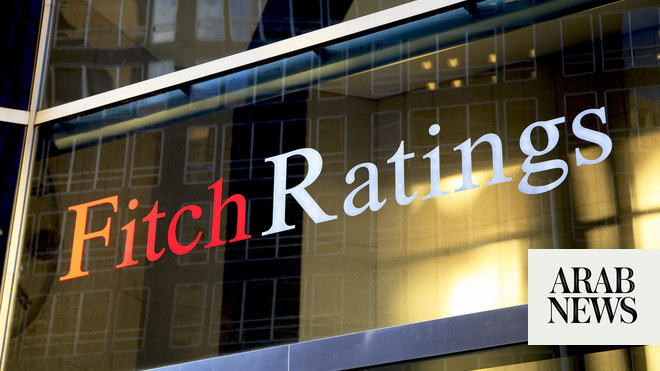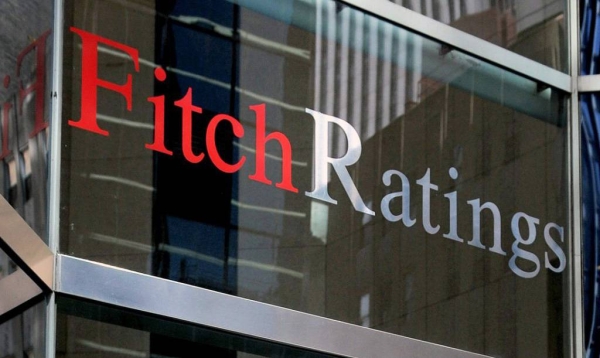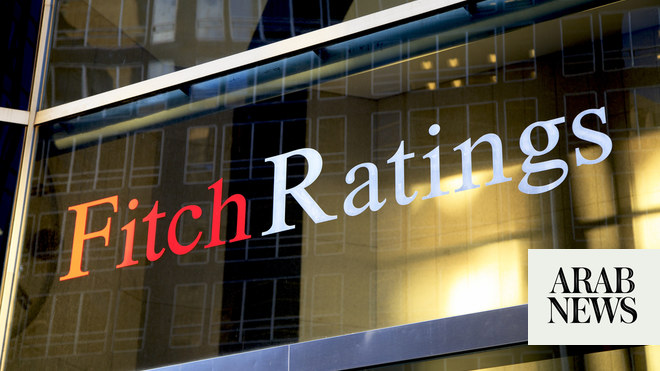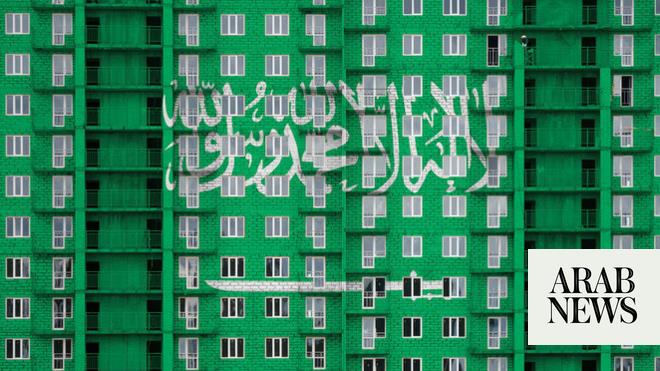
RIYADH: Qatar’s long-term foreign currency issuer default rating has been upgraded to ‘AA’ with a stable outlook by Fitch Ratings, driven by the country strengthening its external balance sheet.
In its latest report, the credit rating agency highlighted that the change from ‘AA-’ is attributed to Qatar’s substantial sovereign net foreign assets and a flexible public finance structure.
“The upgrade reflects Fitch’s greater confidence that debt to GDP (gross domestic product) will remain in line with or below the ‘AA’ peer median after falling sharply in recent years, while Qatar’s external balance sheet will strengthen from an already strong level,” Fitch stated in the report.
“Qatar’s ‘AA’ ratings are supported by large sovereign net foreign assets, one of the world’s highest ratios of GDP per capita and a flexible public finance structure,” it added.
According to Fitch, an ‘AA’ rating signifies expectations of very low default risk, indicating a highly robust capacity for fulfilling financial commitments.
The report, however, added that Qatar’s rating weaknesses include the country’s heavy dependence on hydrocarbons, below-average scores on certain governance measures, as well as significant contingent liabilities.
Fitch further predicted Qatar’s general government budget surplus to reach 8.6 percent of GDP in 2024, followed by a surplus of 6.2 percent in 2025.
According to the report, the country’s oil and gas revenues are expected to experience only a marginal decrease, given the projection that the Brent oil price will average $80 per barrel in 2024.
The US-based agency added that the first phase of the North Field expansion will begin to support the country’s fiscal revenue from 2026, while the second phase will contribute to financial growth starting in 2027.
The report added that Qatar plans to increase liquefied natural gas production in the North Field from 77 million tons per annum to 110 mtpa by the end of 2025, reaching 126 mtpa by the end of 2027. Additionally, Qatar has announced a further expansion to 142 mtpa by the end of this decade.
Fitch noted that Qatar’s debt-to-GDP ratio is expected to decrease to approximately 47 percent in 2024 and 45 percent in 2025, down from a peak of 85 percent in 2020.
The report also cautioned that while Qatar has largely normalized its relations with other Gulf Cooperation Council countries, points of tension still persist.
“Qatar continues to position itself as a mediator in relations between Western powers and Iran and Hamas, among others. The Israel-Gaza war has caused an increase in regional instability. Qatar has not been directly affected so far, but risks of escalation persist from the ongoing conflict in Gaza,” added Fitch.












